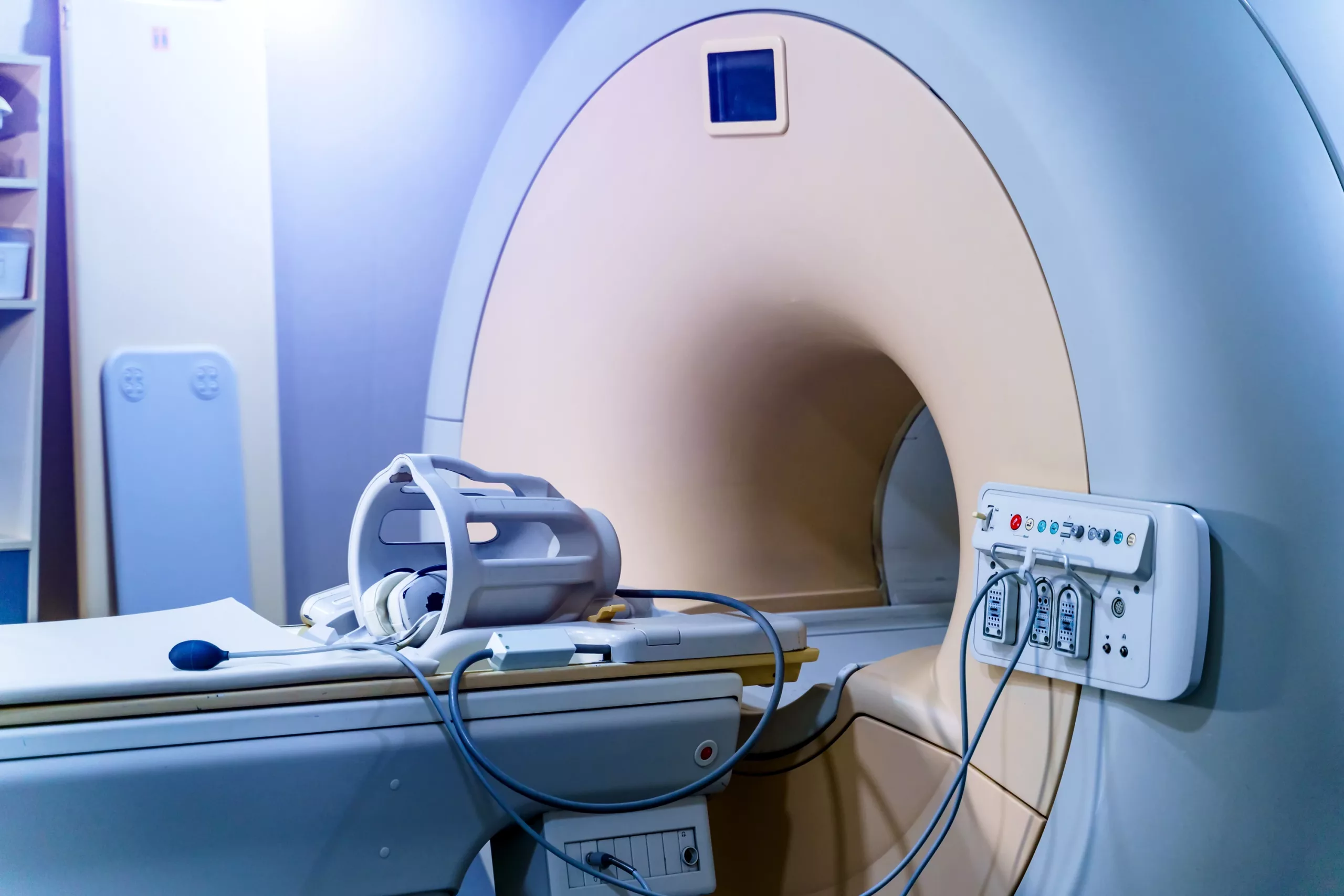In the medical device industry, the journey from concept to market involves rigorous testing and regulatory scrutiny. For medical devices, the FDA plays a pivotal role in ensuring safety and efficacy before a product reaches patients. One crucial step in this process is obtaining an Investigational Device Exemption (IDE) from the FDA.
An Investigational Device Exemption (IDE) is a regulatory mechanism that allows the investigational use of a medical device in order to collect data on its safety and effectiveness. Essentially, an IDE serves as permission from the FDA to conduct clinical trials and gather evidence supporting the device’s efficacy and safety profile.
Key Components of an IDE Application include:
- Investigational Plan: Detail the proposed clinical investigation, including the study objectives, patient population, study design, and endpoints. A well-designed plan is essential for gathering meaningful data that will support the device’s safety and efficacy.
- Risk Analysis: Identify and evaluate potential risks associated with the use of the device. This involves assessing the device’s impact on patients and understanding how any potential risks will be mitigated during the clinical investigation.
- Monitoring and Data Collection: Establish plans for monitoring the conduct of the clinical trial and collecting data. This includes outlining procedures for adverse event reporting, data management, and quality assurance.
- Informed Consent: Develop clear and comprehensive informed consent documents for study participants. It is crucial to ensure that participants understand the nature of the study, potential risks, and their rights.
- IRB Approval: Obtain approval from an Institutional Review Board (IRB) before submitting the IDE application to the FDA. The IRB ensures that the rights and well-being of study participants are protected.
Once you have all of the necessary information for your IDE, you can submit the IDE application to the FDA. The FDA reviews the IDE application with the objective of assessing the device’s risks and benefits, the scientific validity of the proposed investigation, and the adequacy of the monitoring plan.
The FDA may provide feedback or request modifications to the study design or other aspects of the IDE application. Open communication with the FDA during this phase is crucial for addressing concerns and ensuring a successful outcome.
Following the review process, the FDA will either approve or deny the IDE application. If approved, the sponsor can proceed with the clinical investigation. If denied, the FDA provides detailed reasons, allowing the sponsor to address concerns and resubmit if necessary.
The FDA IDE process is a critical juncture in the development of medical devices, providing a framework for scientific investigation while safeguarding patient safety. Successful navigation of the IDE process requires meticulous planning, transparent communication with regulatory authorities, and a commitment to ethical and robust clinical research. EMMA International can help bring your device from concept to commercialization. Give us a call at 248-987-4497 or email info@emmainternational.com to learn more.




